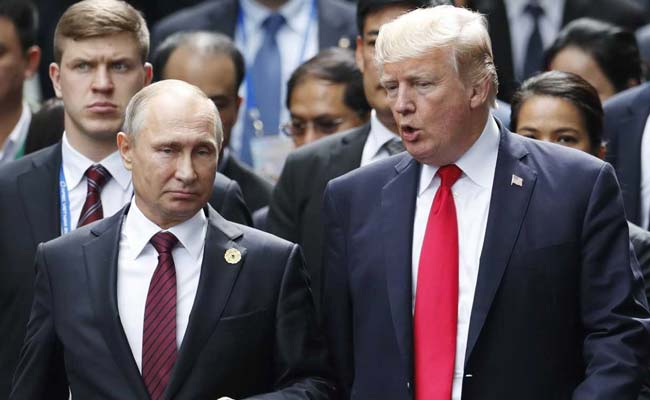UK to Launch Pilot for Blockchain-Based Digital Gilt Instrument: Key Details
For its upcoming gilt instrument, the UK aims to harness the benefits of Distributed Ledger Technology (DLT), including automation, smart contracts, and streamlined management of the entire securities lifecycle.

The UK government is advancing efforts to integrate blockchain technology into its financial systems. In a recent announcement, Finance Minister Rachel Reeves revealed plans to pilot a digital gilt instrument in the country. This initiative will utilise Distributed Ledger Technology (DLT), commonly known as blockchain. Gilt instruments, a type of government bond widely used in the UK and other Commonwealth nations, are regarded as low-risk investment options.
In her first Mansion House speech this week, Finance Minister Rachel Reeves announced that the UK Treasury is developing a "Financial Services Growth and Competitiveness Strategy." As part of this initiative, the government aims to showcase how technologies like blockchain can enhance the nation's fintech ecosystem.
As per a post by UK Finance, the office has received feedback from financial institutions that a sterling-denominated digital gilt would garner broader investor participation.
“We believe this provides a way for the UK capital markets to guard against firms moving elsewhere to invest in new technologies and capital in jurisdictions where the government approach and regulatory environment has been historically nimbler,” the post said.
The UK's leadership is exploring blockchain technology to support this initiative for several reasons, as outlined in the ministry's statement. For the upcoming gilt instrument, the UK seeks to utilise Distributed Ledger Technology (DLT) to enable automation, smart contracts, and seamless management of the entire securities lifecycle. Moreover, blockchain's immutable and permanent data storage capabilities can enhance transparency within financial systems.
“The objective is likely to have an established Digital Financial Market Infrastructure (D-FMI) to run a DLT based platform for the end-to-end trade lifecycle. The strategy involves using an integrated DLT platform for primary issuance, allocation, settlement, and custody, with potential for secondary market trading among pre-approved participants,” the post explained.
The UK plans to initiate trials of the digital gilt instrument within six months, with a broader rollout to follow in gradual phases.
Apart from fintech, UK firms working across other verticals are also finding ways to put the blockchain technology to use. Vodafone, for instance, is looking to integrate DLT with its operations.












)



























































